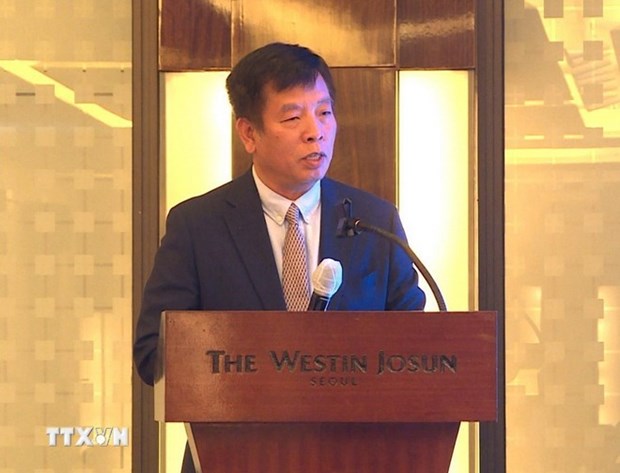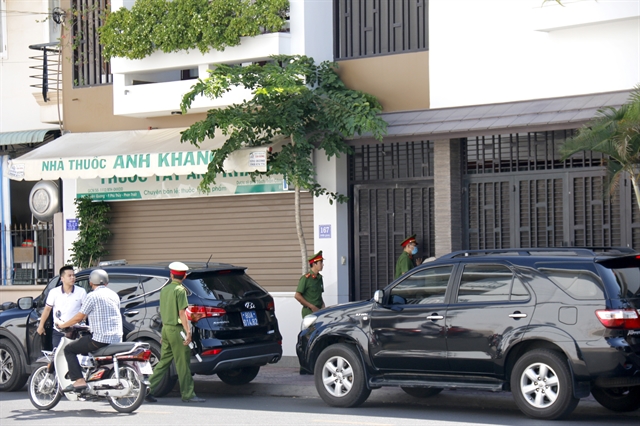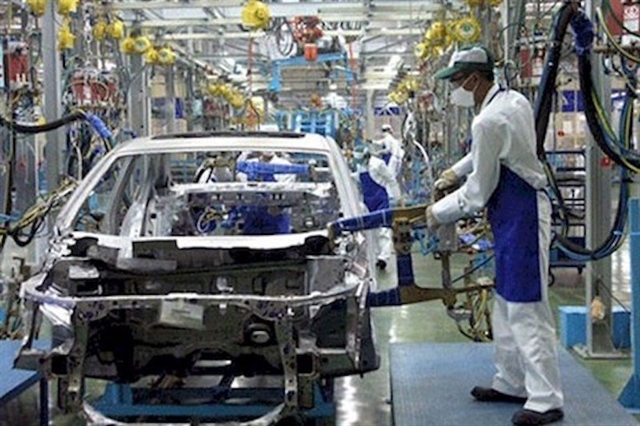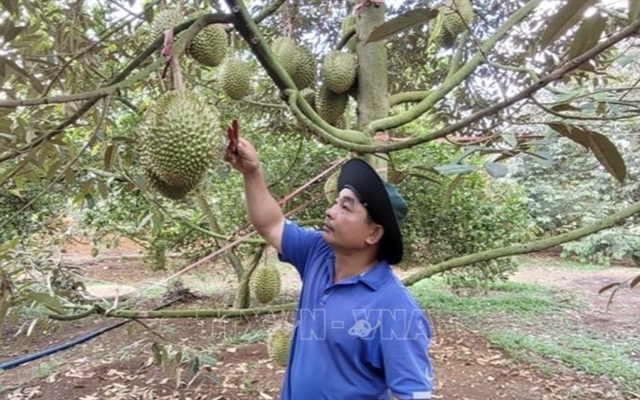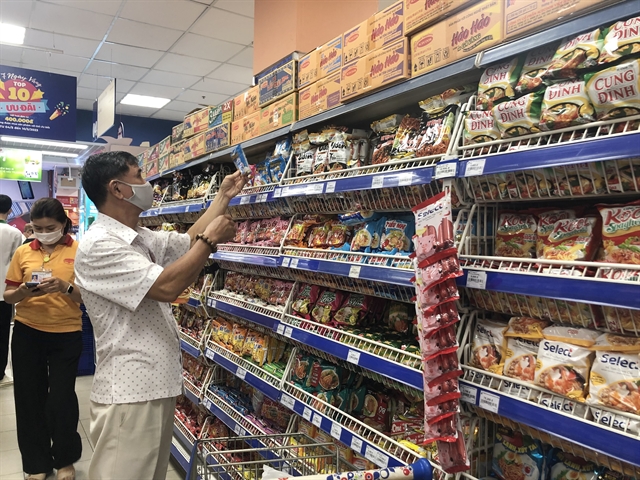 Economy
Economy

More efforts should be made to develop supporting industries to strengthen the competitiveness of domestic enterprises and the country’s economy, economists said.
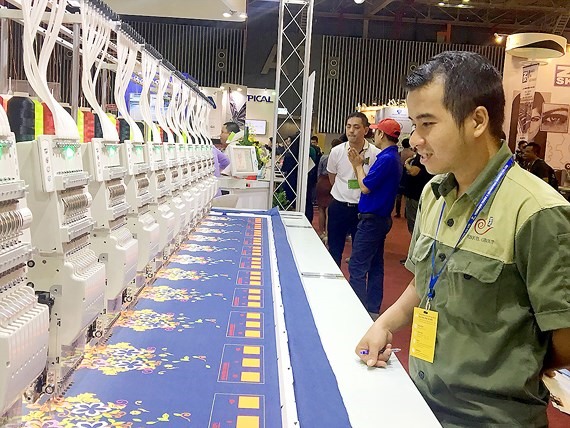 |
| Their heavy dependence on imported raw materials and feedstock has cost Vietnamese businesses their competitiveness even in the domestic market. – Photo sggp.org.vn |
HCM CITY — More efforts should be made to develop supporting industries in HCM City to strengthen the competitiveness of domestic enterprises, according to Sài Gòn Giải Phóng (Liberated Saigon) newspaper.
The current dependence on imported materials has cost Vietnamese companies their competitiveness even in the domestic market, the newspaper said.
Businesses in HCM City imported 77 per cent of all the raw materials and feedstock they needed last year in sectors like garment and textiles, electronics and machinery production, according to the city Department of Industry and Trade (DoIT).
Nearly all garment companies import a significant ratio of their raw materials due to the low production by supporting industries.
Most companies in supporting industries are small- or medium-sized so they face difficulties such as lack of funds and modern technologies and equipment. Not surprisingly they are unable to compete with companies in other ASEAN member countries, an industry spokesperson said.
Nguyễn Phương Đông, deputy director of DoIT, said the city would speed up restructure of supporting industries.
Industrial parks and export processing zones in the city usually lease out sites of 5,000 square metres to a few hectares to attract big companies and reduce infrastructure cost whereas supporting industry companies only require small pieces of land, he said.
To resolve this problem, in 2015 the People’s Committee approved the construction of dedicated industrial parks for supporting industries at the Sài Gòn Hi-Tech Park, Tân Thuận – Linh Trung Export Processing Zone, and Hiệp Phước Industrial Park.
Measuring one to four hectares, these will be divided into small lots of between 300 square metres and 5,000 square metres to meet the needs of the small- and medium-sized companies that make up supporting industries.
A shortage of funds for investment in production is another problem facing domestic firms in supporting industries, hitting their competitiveness.
Higher land rents in HCM City compared to neighbouring provinces are the biggest barrier to doing business for domestic enterprises.
The average rent in the city is US$100 per square metre compared to $50 in surrounding places like Bình Dương, Đồng Nai, Long An and Tây Ninh.
DoIT is planning to develop an industrial park for supporting industries using public money and rent out land at $50-60 per square metre, Đông said.
The city government would offer loans of up to VNĐ200 billion ($9 million) for projects designed to develop supporting industries, he said. — VNS



